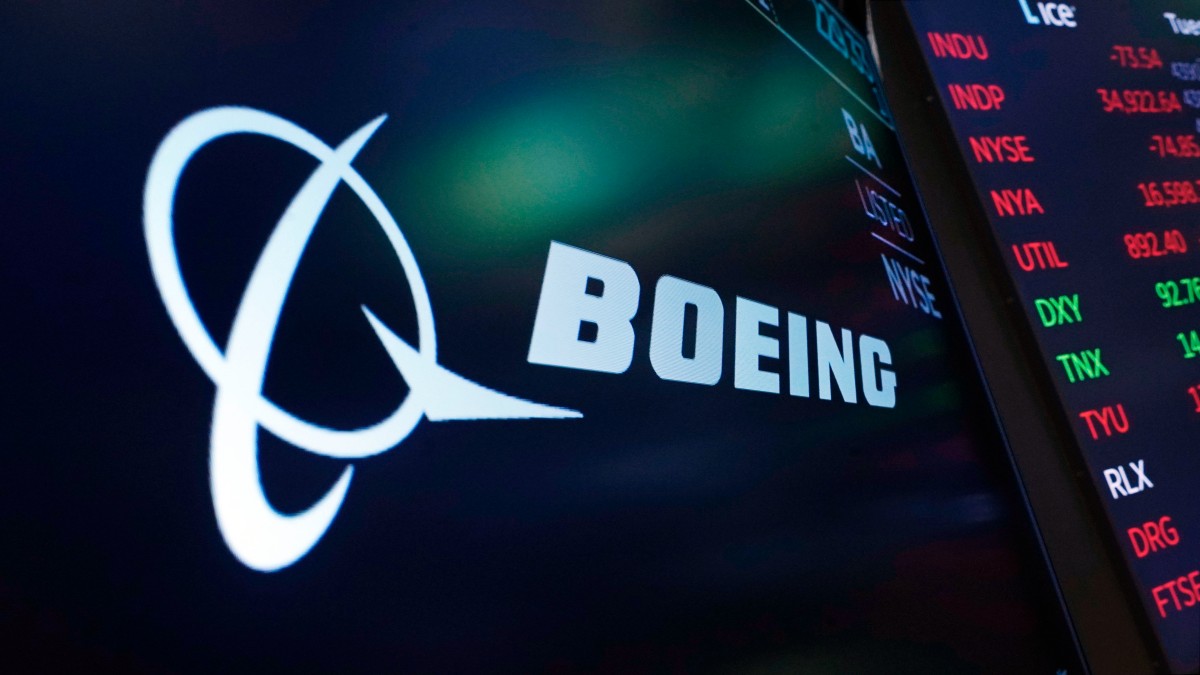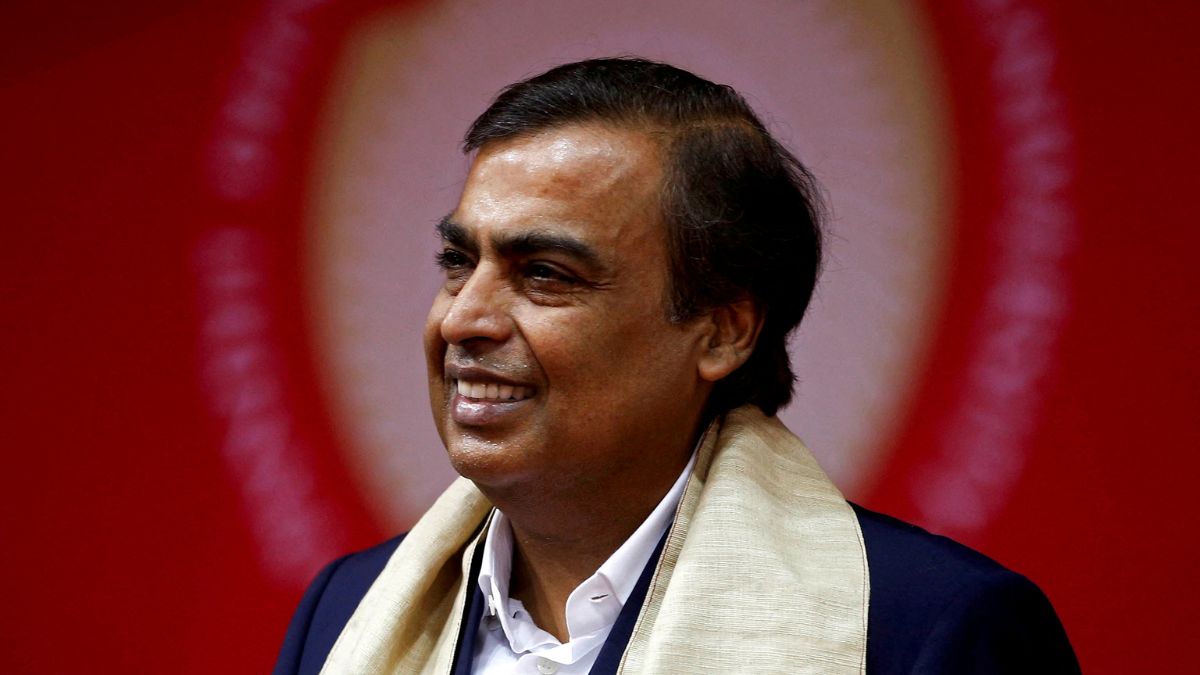Beleaguered aviation giant Boeing is on the brink of becoming a convicted felon— the corporate equivalent of a criminal. A deal with the US Department of Justice is involved. What’s in it? How did Boeing get here? What happens next? We explain read more
)
Troubled aviation giant Boeing is set to plead guilty in a case related to two airplane crashes. It will become a convicted felon then. Reuters
Aviation giant Boeing has long symbolised American innovation and prowess. Not in recent times, though. The aerospace and defence manufacturer now finds itself on the brink of becoming a convicted felon.
As part of a deal with the United States Department of Justice (DOJ), Boeing will plead guilty to criminal fraud conspiracy charged, ultimately becoming the corporate equivalent of a criminal.
The company’s dramatic fall from grace is related to two fatal 737 MAX crashes that claimed 346 lives.
We explain how Boeing got in this jam, what the deal stipulates, and what awaits the beleaguered giant now.
The path to being a felon
Boeing’s legal woes can be traced back to its ill-fated 737 MAX aircraft. Models of this make were involved in two catastrophic crashes in Indonesia and Ethiopia between 2018 and 2019. These tragedies resulted in the loss of 346 lives and led to all 737 MAX planes the world over being grounded.
The accidents were attributed to faulty flight control software known as the Maneuvering Characteristics Augmentation System (MCAS). The MCAS, which is designed to prevent stalls, instead triggered uncommanded dives that pilots struggled to control.
In the wake of these disasters, a US congressional investigation in 2020 laid bare a series of damning findings. The investigation highlighted “repeated and serious failures” by Boeing and air safety officials, citing “faulty technical assumptions by Boeing’s engineers, a lack of transparency on the part of Boeing’s management, and grossly insufficient oversight by the Federal Aviation Administration (FAA).”
To avoid prosecution, Boeing entered into a Deferred Prosecution Agreement (DPA) with the US DOJ in 2021. The company agreed to pay $2.5 billion in fines and restitution, overhaul its compliance and quality control efforts, and submit regular reports. Had Boeing adhered to the terms of the 2021 deal, the agreement would have expired in three years.
Violations and consequences
However, Boeing’s adherence to the DPA came into question when, on January 5 this year, a door plug of a commercial Boeing 737 MAX 9 came off mid-flight. The gaping hole in the aircraft’s side alarmed passengers. It also sent alarm bells ringing for US authorities. The incident occurred just two days before the DPA was set to expire. It led to renewed scrutiny on Boeing.
By May 2024, the DOJ concluded that Boeing had failed to meet its obligations under the 2021 DPA. In June, Boeing contested this finding. It seems, however, that the damage was done.
On Sunday (July 7), a court filing showed that the company had agreed to plead guilty to conspiring to defraud the federal government. Per the in principle agreement, Boeing is set to admit that it misled the FAA about the impact of the MCAS, resulting in insufficient information in pilot-training materials and airplane manuals.
Inside the agreement
The plea deal, pending judicial approval, would brand Boeing a convicted felon, a label with far-reaching consequences.
This agreement includes an additional $487 million in penalties, on top of the $2.5 billion previously paid. Boeing will be subject to an independent third-party monitor and must spend at least $455 million over the next three years to bolster its compliance and safety programs.
Boeing’s reputation, already tarnished by the MAX debacle, faces further erosion. Moreover, the company’s ability to secure lucrative government contracts with entities like the U.S. Department of Defense and NASA is at risk. In 2023, government contracts accounted for 37 per cent of Boeing’s annual revenue, including $14.8 billion in Defence Department contracts in 2022.
The roots of Boeing’s crisis
Understanding how Boeing reached this point requires an examination of its broader corporate strategies. According to The Economist, a significant factor was the company’s relentless focus on short-term shareholder returns. Between 2014 and 2020, Boeing disbursed $61 billion in dividends and buybacks, resources that could have been better invested in safety improvements and new models.
Outsourcing also played a critical role. The January 5 incident involved a panel manufactured by Spirit AeroSystems, a company that was once part of Boeing but was sold off during the outsourcing boom. This decision reflected a broader trend toward creating “asset-light” firms focused on intellectual property rather than manufacturing. However, this strategy backfired as delays, cost overruns, and supply-chain issues became rampant, especially during the COVID-19 pandemic.
Boeing’s market position also contributed to its complacency. As one of only two major players in the civil aviation sector, along with Airbus, Boeing enjoyed a dominant position that may have fostered a culture of overconfidence and neglect.
What’s next for Boeing?
The next steps for Boeing hinge on judicial approval of the plea deal, which the DOJ and Boeing are expected to finalise by July 19. If approved, Boeing will face a three-year probation period, during which its compliance with the settlement terms will be closely monitored.
A guilty plea is subject to further financial penalties and restitution for the victims’ families. While Boeing has already paid significant amounts in penalties and compensation, a federal judge could mandate additional restitution.
The plea deal also puts Boeing at risk of being barred from government contracts, a devastating blow given the company’s reliance on defence and aerospace contracts. To mitigate this, Boeing may seek waivers from various government agencies to continue its work, a process that could be fraught with uncertainty.
With inputs from agencies

 2 months ago
28
2 months ago
28
)
)
)
)
)
)
)
)
)
)
)
)
)
)
)
)
)
)
)
)
)
)
)
 English (US) ·
English (US) ·